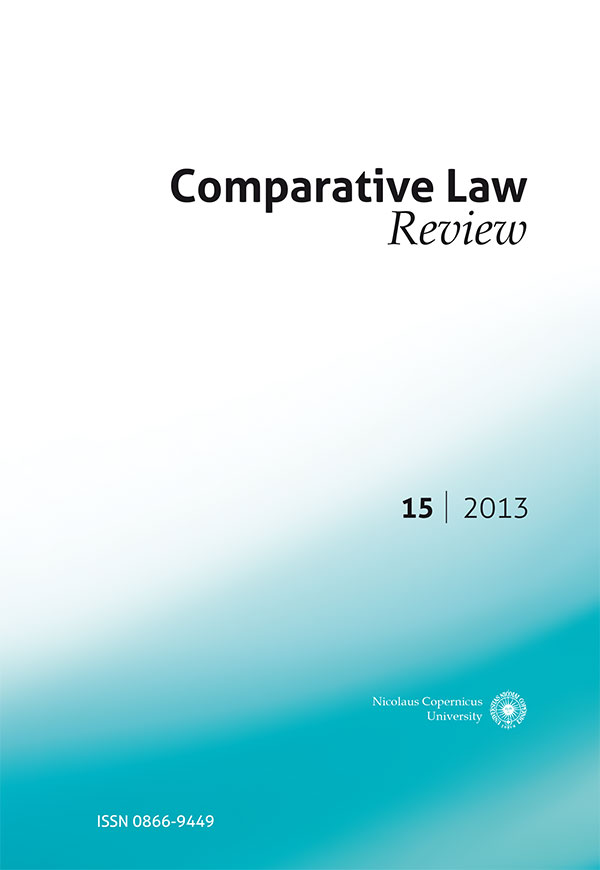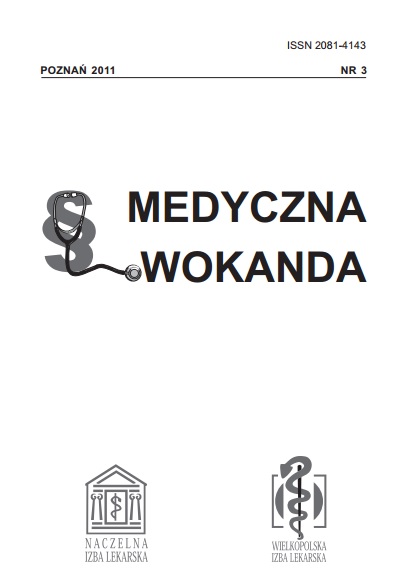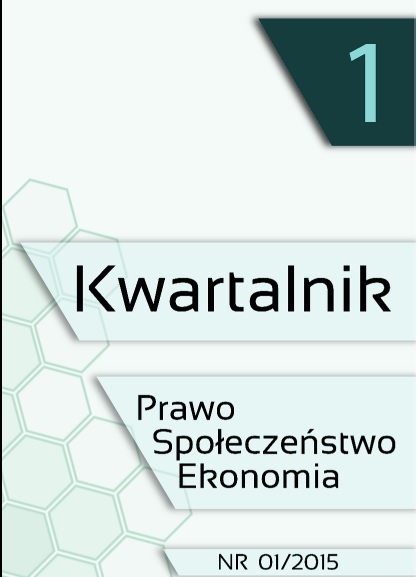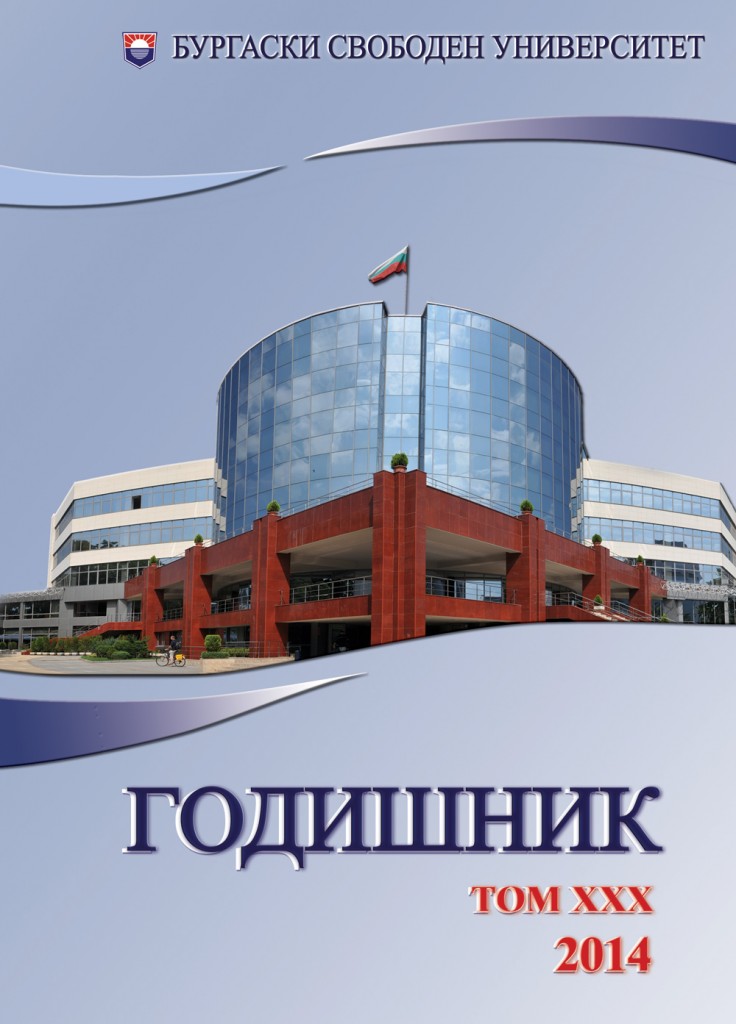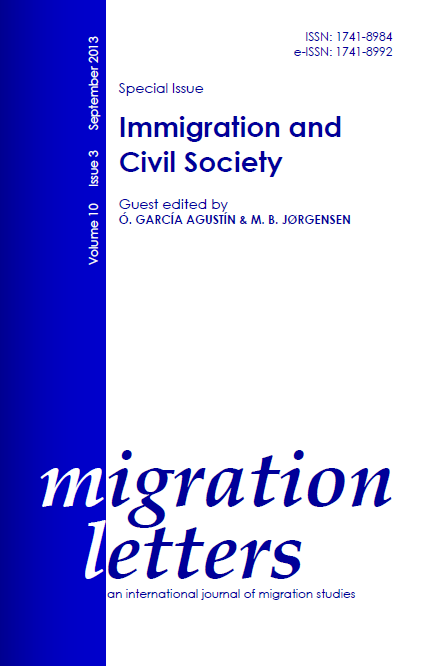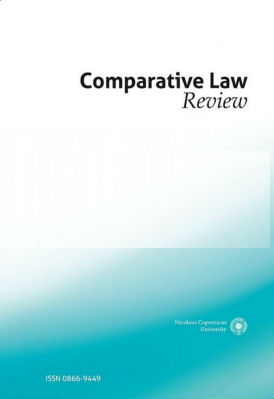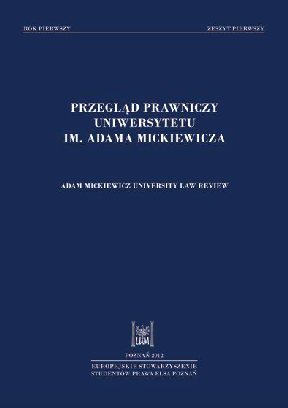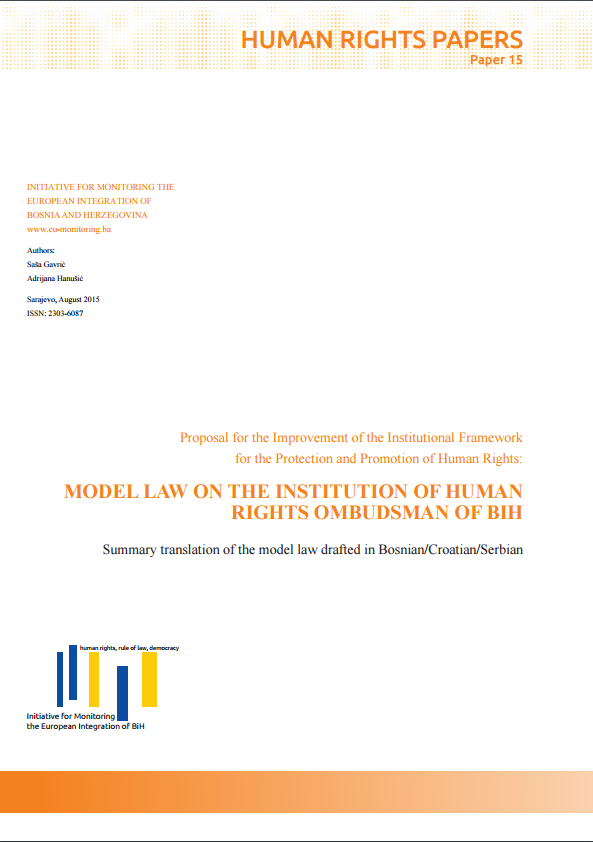Promotion of Human Rights in the Republic of Kosovo
Fundamental rights and freedoms are constitutional category of democratic states whereas the standards for guaranteeing these rights have been determined in the highest international acts of the United Nations. Promotion of equality and compliance with human rights initially originated in social developments in antiquity period. The Greek philosophy represented by world class philosophers Plato and Aristotle, created the foundation for complying with these rights which still serve as principles in the modern times and democratic developments. In later stages of social developments, despite the progress, compliance with human rights in the slavery era but even in the medieval times was faced with many challenges. Meanwhile, the development of the modern world, as an enlightening historic moment, it is the French Revolution, which was of course preceded by important documents in the history of development and advancement of human rights such as: Magna Carta Libertatum and the US Constitution. The reason for addressing this topic consists in the fact that these fundamental rights and freedoms are parts of constitutions of many countries including Kosovo, which are proclaimed and protected by different acts and norms, however they continue to be infringed either by individuals or institutions. Thus, with the aim of promotion of human rights and legal basis related to them in the Republic of Kosovo, this paper will elaborate development of human rights and the legal infrastructure for protection and compliance of human rights in a chronological manner by providing conclusions on the promotion of human rights in the Republic of Kosovo.
More...
